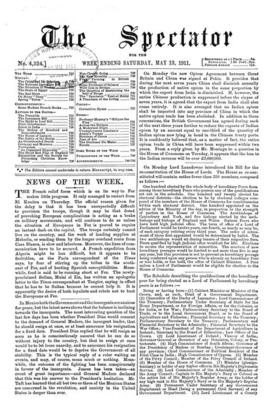The Schedule describing the qualifications of the hereditary peer for
being elected as a Lord of Parliament by hereditary peers is as follows :-
Being or having been—(l) Cabinet Minister or Minister of the Crown, and, as such, Head of a Government Department. (2) Chancellor of the Duchy of Lancaster ; Lord Commissioner of the Treasury ; Parliamentary Under Secretary of State for the Home Department, or for Foreign Affairs, or for the Colonies, or for India, or for War ; Parliamentary Secretary to the Board of Trade, or to the Local Government Board, or to the Board of Agriculture and Fisheries ; Financial Secretary to the Treasury ; Parliamentary Secretary to the Treasury ; Parliamentary and Financial Secretary to the Admiralty ; Financial Secretary to the War Office ; Vioe-President of the Department of Agriculture in Ireland ; Secretary to the Board of Education ; Law Officer of the Crown. (3) Lord Lieutenant of Ireland ; Viceroy of India; Governor-General or Governor of any Dominion, Colony, or Pro- tectorate. (4) High Commissioner of South Africa ; Governor of the Presidency of Madras or Bombay ; Lieutenant-Governor of any province ; Chief Commissioner or Political Resident of the First Class in India ; High Commissioner of Cyprus. (5) Member of the Privy Council ; Member of the Privy Council of Ireland. (6) Member of the House of Commons. (7) Minister (plenipo- tentiary) or holder of any higher office in His Majesty's Diplomatic Service. (8) Lord Commissioner of the Admiralty ; Member of the Army Council; Captain in His Majesty's Navy or Colonel on the active list of His Majesty's Regular Army, or the holder of any high rank in His Majesty's Navy or in His Majesty's Regular Army. (9) Permanent Under Secretary of any Government Department or Head (being a permanent Civil Servant) of any - Government Department. (10) Lord Lieutenant of a County (11) Lord Mayor or Lord Provost of a City ; Chairman or Con- vener of a County Council; Chairman of Quarter Sessions.
(12) Lord Great Chamberlain ;• Earl Marshal.









































 Previous page
Previous page